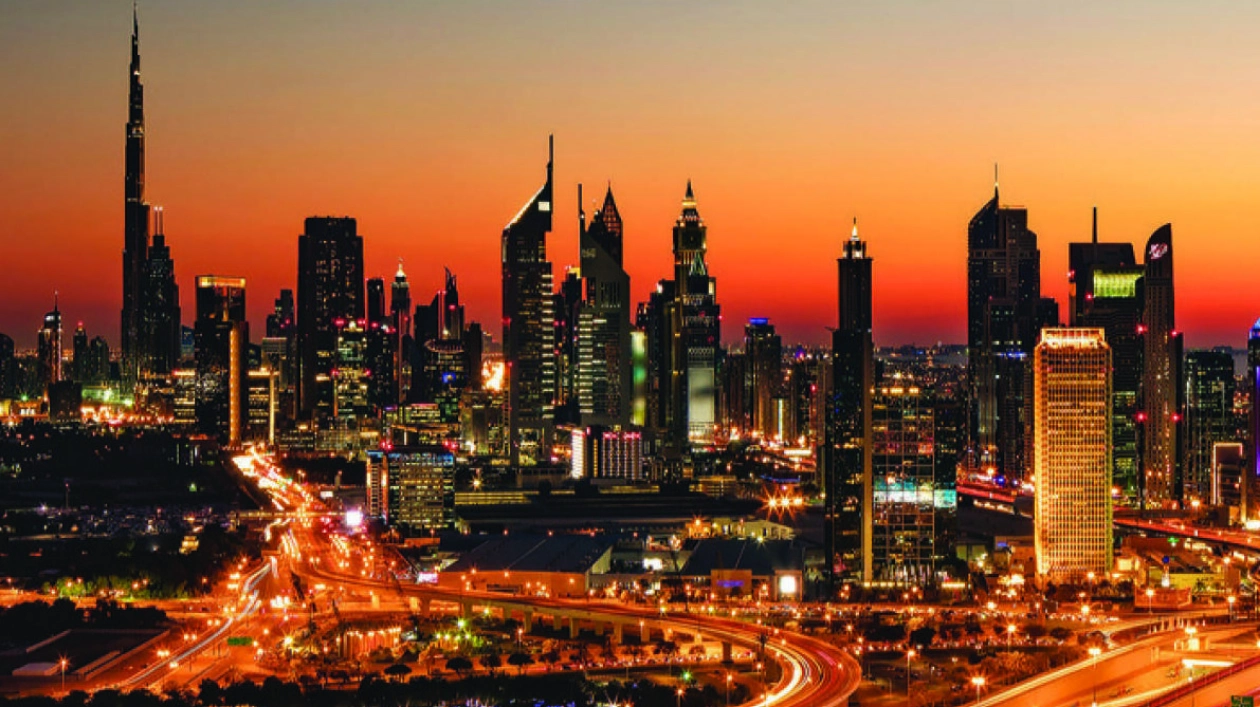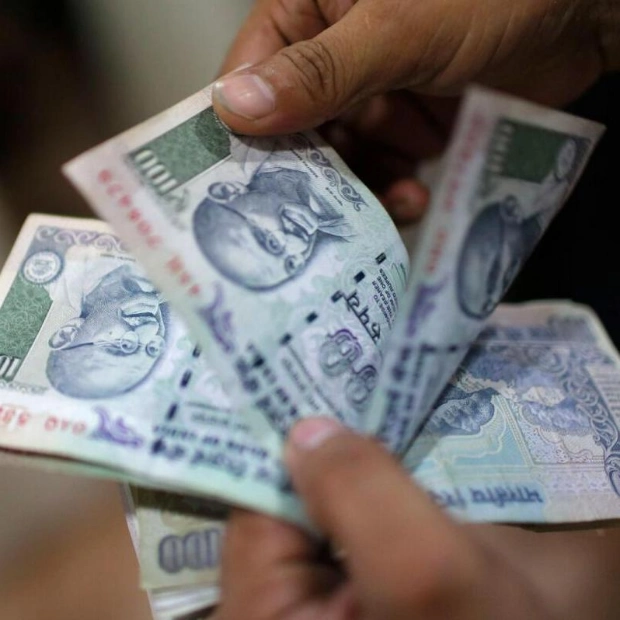The International Monetary Fund (IMF) has raised the UAE's growth forecast for next year by 0.9 per cent, driven by robust growth in non-oil sectors and stable crude prices. According to the October edition of the World Economic Outlook (WEO) released by the IMF, the UAE's GDP is projected to grow 5.1 per cent in 2025, up from the 4.2 per cent forecast in April's WEO.
This revision follows the IMF's earlier upgrade in May, which increased the UAE's 2024 growth forecast due to strong economic performance. The IMF now estimates overall real GDP growth at 4 per cent for this year, compared to the previous estimate of 3.5 per cent in April.
Ali Al-Eyd, IMF's head of staff team that visited the UAE in May, noted that UAE's economic growth is widespread, supported by strong activity in sectors such as tourism, construction, manufacturing, and financial services. He highlighted that foreign demand for real estate, strengthened bilateral and multilateral ties, and the UAE's status as a safe haven are driving rapid growth in housing prices and rents, contributing to ample domestic liquidity. Additionally, hydrocarbon GDP growth is expected to rise this year, including higher crude oil production due to the UAE's Opec+ quota increase.
Al-Eyd also mentioned that the impacts of geopolitical tensions were contained, and the authorities responded swiftly to address recent flooding. The UAE's non-oil sectors have thrived post-Covid-19, led by real estate, travel and tourism, trade, finance, retail, and aviation, among others. This has led to a significant economic boom, creating numerous jobs in the private sector and boosting economic activity.
On October 8, the UAE Cabinet approved the 2025 federal budget of Dh71.5 billion, the largest in the country's history, maintaining a budget surplus due to increased oil revenues and other sources, including new corporate tax and income fees. James Swanston, economist for the Mena region at Capital Economics, noted that the UAE's strong balance sheet positions it well to maintain loose fiscal policy. The country recorded a budget surplus of 5.4 per cent of GDP in the second quarter, and authorities expect revenues to rise next year, likely due to higher non-oil tax revenues and potential increases in oil revenues as the UAE raises output to capitalize on its higher Opec+ quota.
The UAE aims to achieve annual growth of 7 per cent to double its GDP to Dh3 trillion by 2030. Abdulla Bin Touq Al Marri, UAE's Minister of Economy, stated in May that global challenges have tested the UAE's resilience, but the goal remains to grow the economy by 7 per cent this year. The country is also targeting to become a global hub for the innovation-based economy by the next decade.
Source link: https://www.khaleejtimes.com






